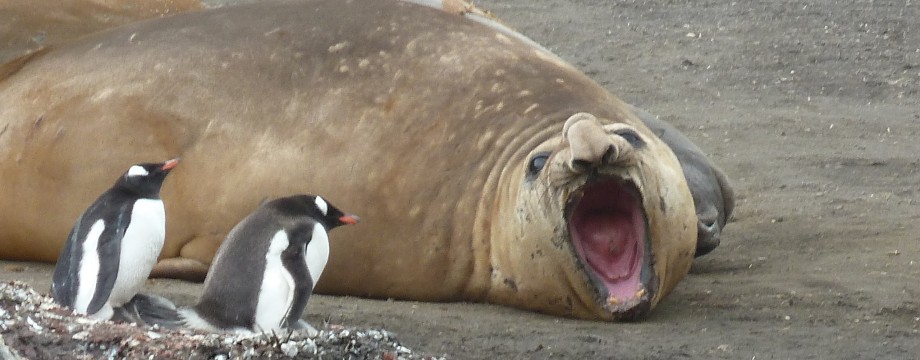How the sport works
There are two different types of stroke: sweeping (one oar per athlete) and sculling (two oars per athlete, abbreviated with an X). If there is a cox in the boat to steer and motivate the athletes, it is abbreviated with a plus sign and a minus sign without a cox. Boats seat 1, 2, 4, or 8 rowers. Women and men compete in 1X, 2X, 2-, 4X-, 4-, and 8+. The standard course is 2,000 meters long and the first boat to cross the finish line wins.
When my dad and I sat in our seats at rowing, I was only thinking about the races I would get to see and never imagined I would be chatting with two Olympic medalists by the end of the morning.
A fan sat next to my dad and we started talking about how great the rowing has been all week before he casually mentioned he had rowed for the US in the 1996 Atlanta Olympics in the men's quad (M4X-) which won the silver medal. Not long after, a tall man wearing a red Canada jacket and whose legs barely fit in the seat sat next to me. He saw my Canadian flag and introduced himself as Adam. I could tell immediately he was a rower and, not long after we began talking, I discovered he was Adam Kreek, gold medal champion of the men's 8 (M8+) at the 2008 Beijing Olympics! Watching Olympic medalists Adam Kreek and Jason Gailes introduce themselves to each other and then swap stories about their Olympic experiences and talk about mutual acquaintances, I truly had to do my best to keep my jaw off the ground. I honestly can't begin to describe what an unexpected treat it was to watch world class racing with two Olympic athletes!
I also picked up a new souvenir. A group of Canadians had red felt maple leafs (leafs, not leaves!) and when I asked where I could get one, a man simply handed me his. I can't wait to wave this during the Olympics. Go Canada go!
The rowing itself was superb. Every rower gets ranked, so in some events there are A-F finals, where the A finals is for the gold medal. The very first race was the M1X F final between three competitors vying for 31st, 32nd, and 33rd place. The crowd favorite was Niger's Hamadou Djibo Issaka. He gained entry to the Olympics as a wild card through a channel designed to promote rowing in new countries. Djibo Issaka only learned to row three months before the Olympics began which was apparent to anyone who has ever rowed when you watch his form. His presence has resurrected stories of Eric the Eel, a swimmer from Equatorial Guinea at the Sydney 2000 Olympics who started swimming only eight months before the games. Djibo Issaka may have finished his race 1:20 after the winner and almost two minutes slower than the gold medal winner, but the crowd gave him a rousing standing ovation.
The most anticipated race of the morning was the W2X featuring Katherine Grainger and Anna Watkins of Great Britain. Grainger had won silver at the last three Olympics so it was wonderful for her to finally win gold by a comfortable lead in her home country.
The other races were outstanding, with many close races and athletes giving their all.
Medal results
M4X-
Gold: Germany
Silver: Croatia
Bronze: Australia
Australia, foreground, and Croatia, background.
Germany celebrates their gold.
M2-
Gold: New Zealand
Silver: France
Bronze: Great Britain
W2X
Gold: Great Britain
Silver: Australia
Bronze: Poland
M1X
Gold: New Zealand
Silver: Czech Republic
Bronze: Great Britain
















